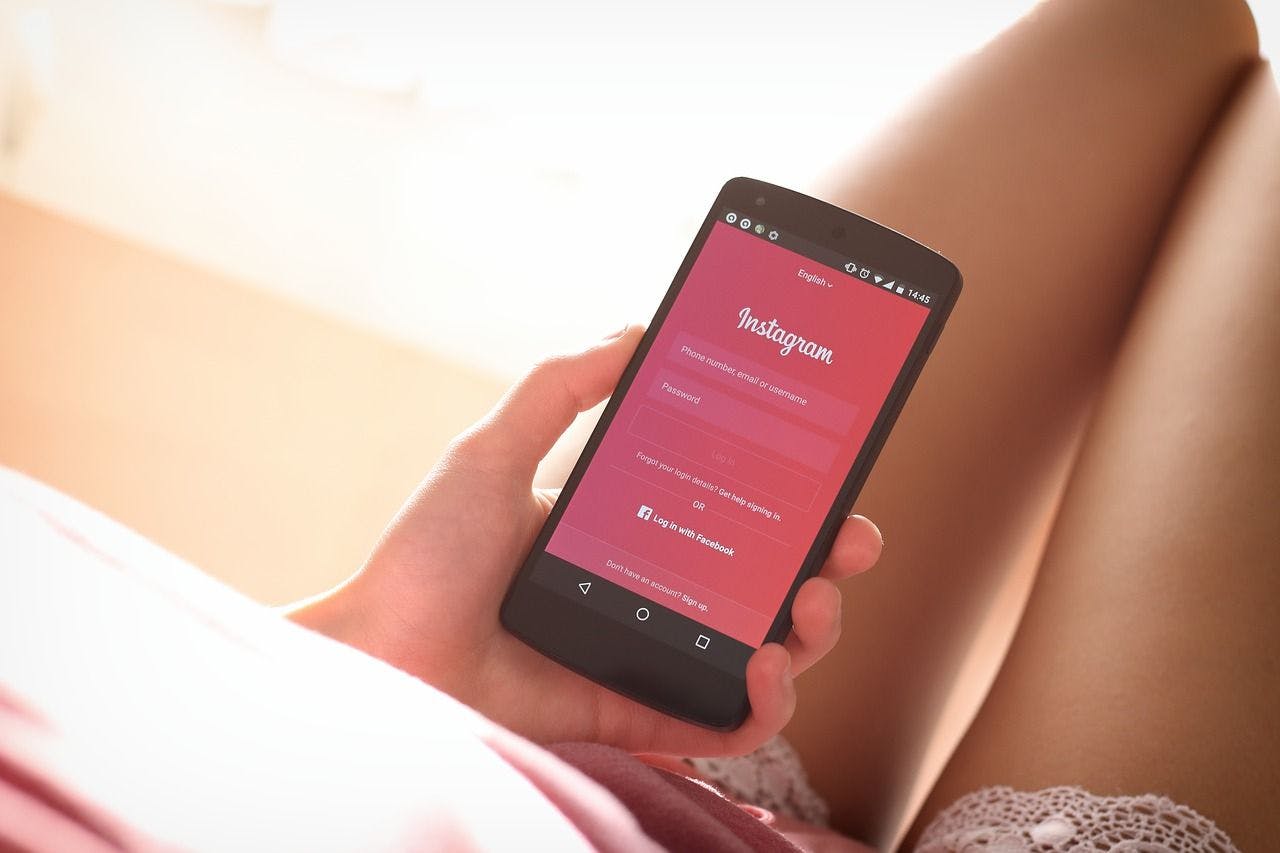Instagram Bans Cartoons and Drawings Containing Self-Harm and Suicide Imagery
updated on Oct 28, 2019

Popular social media platform Instagram has pledged to remove images, cartoons and drawings that show methods of self-harm or suicide
Instagram’s latest planned changes will cover memes and explicit drawings related to suicide, as well as content that could be seen as promoting other methods of self-harm. These latest changes follow earlier content changes made in February 2019, where content that included graphic images of self-harm or had suicidal themes as part of video or photographic content were banned.
Since early 2019, Instagram has doubled the amount of self-harm and suicide related materials it has removed. According to the company, it removed 834,000 pieces of content relating to these subjects – only 23% of which had been reported by users.
This latest move follows the death of 14-year-old Molly Russell, a British teenager who completed suicide in 2017. It was later revealed that she had viewed graphic content relating to self-harm and suicide on both Instagram and Pinterest. Her father has since been campaigning for social media companies to take more responsibility surrounding their content.
Do new regulations risk alienating self-harm survivors?
While many have praised this latest move from Instagram, with others remaining sceptical as to if these latest changes will be enough to help protect potentially vulnerable users, others have taken to social media to share the potential damage these new changes could have on self-harm survivors.
Instagrammer @sarah.is.smiling spoke out about earlier changes to Instagram that came into effect in September 2019. Alongside a photograph of herself smiling, she said:
“‘This photo contains sensitive content which some people may find offensive or disturbing.’ - It's a photo of me. My name is Sarah and I happen to have an arm with healed scars. So am I going to be censored and labelled for the rest of my life? I dislike my body as it is- am I forever going to have my own body and self hatred reinforced my Instagram’s labelling and shaming of my skin?
“The idea that we have come so far as a society only to have a major social media platform fall back into censorship and labelling people based on their skin and external struggles is disheartening and disturbing.
“So even though I know my picture will be censored, I'm putting it up anyway. Instagram needs to work on its policies, which the mainstream media are failing to cover. They’ll listen the more we speak out.”
The new rules introduced in September 2019 across Facebook and Instagram were designed to tighten existing rules around self-harm and suicide imagery.
Instagram first began banning graphic self-harm images in February 2019. Thanks to user and media backlash, over recent years the popular platform has also released a number of changes to combat online bullying and tackle social media addiction. In April 2018, the site introduced their first wellbeing team, to help lead positive changes surrounding health and wellbeing on the platform.
Suicide and social media addiction
Recorded suidice rates reached a 19-year high amongst those aged 10-24, it was revealed by the Office for National Statistics in September this year. For young women, recorded rates have reached an all-time high.
The rate of suicide in the UK in 2018 was significantly higher than 2017. This is the first increase since 2013 https://t.co/S3Hc4DM3l7 pic.twitter.com/uYjXth2L2j
— Office for National Statistics (@ONS) September 3, 2019
In an era where we are spending more time than ever on our phones and social media, concerns over the impact the content young people are viewing on their decides are arguably at an all-time high.
With professionals and accredited therapists expressing concern over the negative impact our phone usage is having on our relationships, it raises the question: are filters doing enough to protect users? Or should we be addressing our reliance on technology when it comes to seeing help and speaking with others who share our unique struggles and circumstances?
Research from the Royal Society of Public Health revealed we could gain back over 100 hours of our lives by taking a break from social media for just one month. Could taking a break from social media have similar positive impacts on our overall health and wellbeing? Could taking a step back and seeking help and support through other means have a greater impact than we may realise? Or are we underestimating the level of support online communities can offer to vulnerable individuals?
Finding help and how to handle concerning content on Instagram
If you come across content from a friend, loved one, or another user whilst on social media that is of concern, it’s important to know that help is available. Check out the Instagram help section to find out how you can report concerning content and support loved ones who you are worried about.
If you are struggling with distressing feelings and need to talk with someone immediately, call 999 or visit your local A&E department. For less urgent help and support, speak with your GP to find out how you can access local support or call the Samaritans free on 116 123 (UK and Ireland) 24/7 to speak with someone. You can also email [email protected], or visit the Samaritans website to find details of your nearest branch.
If you are a parent concerned about the wellbeing of your child, find out more about how you can help kids and teens stay safe online through Counselling Directory.
If you are struggling and need to talk, it could be beneficial to seek professional help and support. To find an experienced counsellor or therapist near you, visit Counselling Directory.

